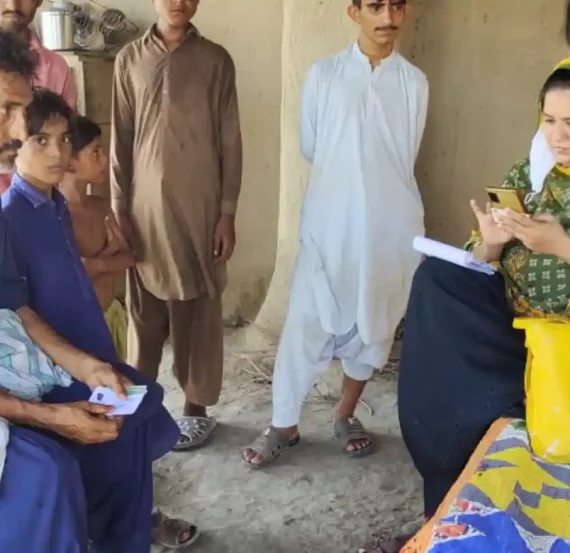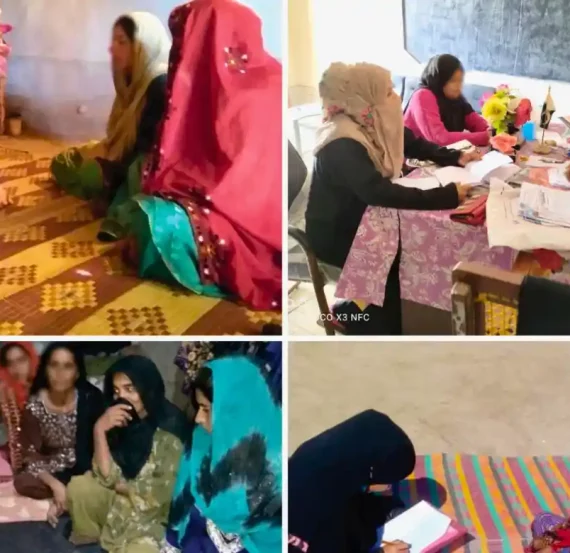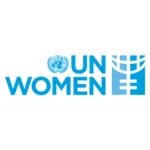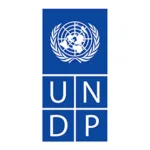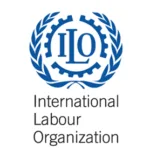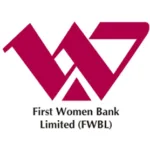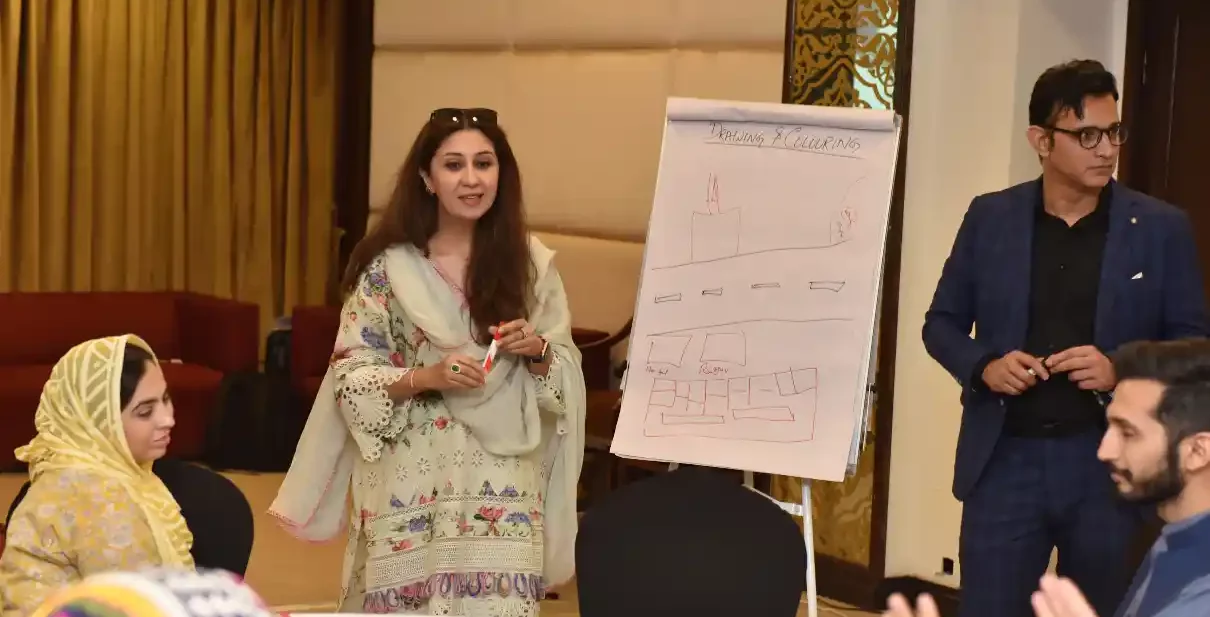
Synopsis:
Mera Maan Pvt. Ltd. undertook a comprehensive scoping exercise for the Khyber Pass Economic Corridor Project with the objective of promoting economic development and empowerment of women in the Greater Peshawar area and Khyber District, including Special Economic Zones (SEZs). The study aimed to analyze the existing situational landscape of women’s employment and entrepreneurship, identify challenges and opportunities, and recommend strategies for enhancing women’s economic participation in the region. Through a detailed assessment, the study examined the status of women-owned or women-managed businesses, women-friendly facilities and services, women’s employment in various sectors, existing training and skill centers, and provincial laws and policies supporting women entrepreneurs and workers. A comprehensive gap analysis identified barriers hindering women’s entry and retention in Small and Medium Enterprises (SMEs) and explored potential interventions at short, medium, and long-term levels to uplift women’s economic prospects. The study highlighted gender-specific barriers and proposed education, skills, and training methodologies to empower women in higher value activities within trade-related work. The findings were disseminated through a detailed publication and a consultation workshop engaging national and international stakeholders.Narrative of the Project Description:
Background:
The Khyber Pass Economic Corridor Project focused on the underdeveloped merged districts of Khyber Pakhtunkhwa Province, situated along the Afghanistan-Pakistan border. The region faced challenges of economic deprivation and marginalization, making livelihood and employment pivotal for social and economic development, stability, and governance. The assignment aimed to address these issues, particularly concerning women’s economic opportunities and their role as entrepreneurs in the target area.Objectives:
– Conduct a comprehensive situational analysis of women’s employment and entrepreneurship in the Greater Peshawar area and Khyber District, including SEZs.– Identify bottlenecks and opportunities for women’s economic development and empowerment.
– Assess existing training and skill centers and explore enabling provincial laws, policies, and programs supporting women entrepreneurs and workers.
– Propose realistic short, medium, and long-term interventions to enhance women-related economic opportunities.
– Identify gender-specific barriers and opportunities arising from enhanced trade and improved transportation in the region.
– Recommend education, skills, and training mechanisms to facilitate women’s progression to higher value activities within trade-related work.
– Disseminate the findings through a detailed publication and a consultation workshop for national and international stakeholders.



